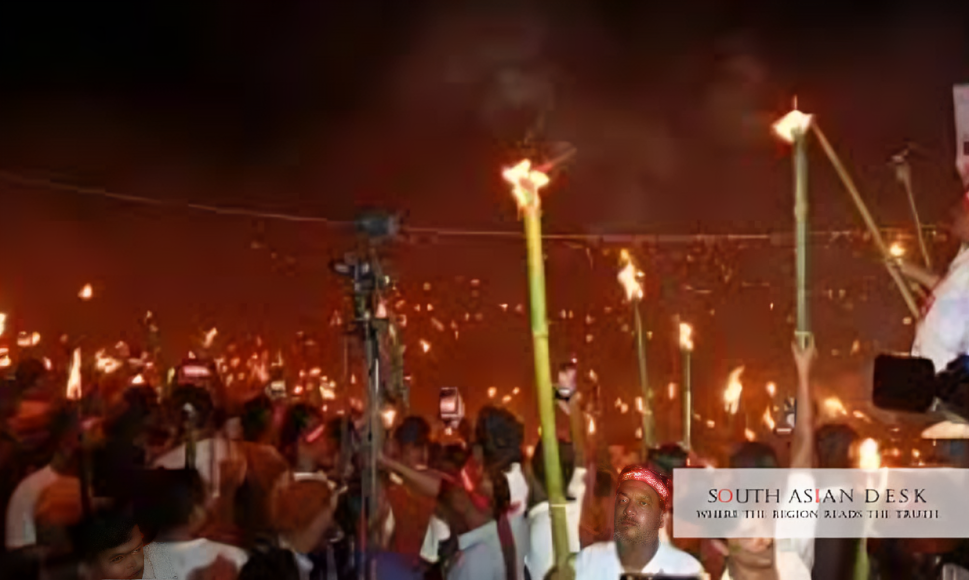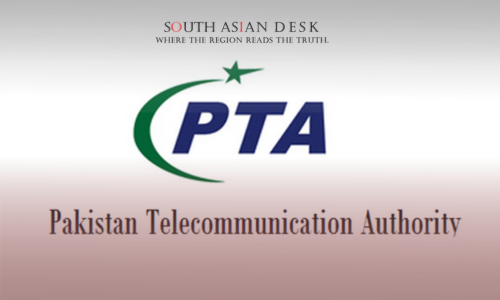Thousands of residents in northern Bangladesh staged torch rallies across five districts on Thursday evening, protesting delays in the Bangladesh Teesta master plan and calling for its immediate implementation to combat erosion and secure water resources. The Bangladesh Teesta master plan protests highlight escalating tensions over transboundary water management, potentially straining India-Bangladesh relations amid ongoing Teesta water sharing demands in Bangladesh and affecting millions in South Asia’s agrarian economies.
Northern Bangladesh Torch Rallies Escalate
On 16 October 2025, torch processions lit up 11 locations along the Teesta River in Lalmonirhat, Rangpur, Nilphamari, Kurigram and Gaibandha districts. Organised under the “Jaago Bahe Teesta Bachai” banner, the northern Bangladesh torch rallies drew participants from diverse groups including students, youth activists, political parties and civil society. BNP leader Asadul Habib Dulu, the movement’s chief coordinator, inaugurated the events and led chants such as “We Demand Teesta’s Fair Share.”
The rallies focused on the Bangladesh Teesta master plan protests, with demonstrators highlighting the river’s 130-kilometre stretch plagued by erosion and sandbar formation. Over recent months, these issues have displaced communities, destroyed farmlands and homesteads, and worsened ecological degradation due to perceived government inaction. Dulu stated: “The Teesta is not just a river of the north, it is the lifeline of Bangladesh’s economy. This is no longer a local issue, it is a national crisis.”
Teesta Water Sharing Demands in Bangladesh Intensify
The protests underscore Teesta water sharing demands in Bangladesh, tied to the master plan’s goals of flood control, erosion prevention and irrigation enhancement. The Teesta River Comprehensive Management and Restoration Project aims to dredge the river, build embankments and create reservoirs to store monsoon water for dry-season use. This internal initiative addresses low dry-season flows, exacerbated by upstream diversions in India.
Water Resources Adviser Syeda Rizwana Hasan, in a July 2025 statement, affirmed the government’s priority on erosion control along the Teesta. She noted that of 45 kilometres of erosion-prone areas, work proceeds on 19 kilometres with funding secured for the remaining 26 kilometres. Hasan added: “The Teesta water-sharing treaty is the rightful demand of Bangladesh’s people, and the government is trying to secure it following international law.”
In an earlier August 2024 address, Hasan emphasised forceful advocacy for Teesta water sharing demands in Bangladesh. She declared: “We will not back down from presenting the rights of Bangladesh on the waters of the Teesta.” The adviser indicated potential international engagement if bilateral talks with India stall, referencing West Bengal’s opposition to water release.
Background: The Teesta River Crisis
The Teesta originates in India’s Sikkim and flows into Bangladesh, supporting nearly 20 million people in northern districts through agriculture and livelihoods. Dry-season flows drop dramatically, sometimes below 1000 cusecs, due to India’s Gajoldoba barrage and other structures. A 2011 water-sharing draft allocated 37.5 percent to Bangladesh but failed amid state-level resistance in India.
Bangladesh’s Delta Plan 2100 outlines strategies for Teesta management, including Joint Rivers Commission efforts for equitable sharing. The Bangladesh Water Development Board conducted a 2023 feasibility study for Teesta water augmentation and conservation, proposing surface water storage to mitigate shortages. The master plan, estimated at BDT 9150 crore for its first phase, includes marine drives, tourism developments and urban centres along embankments.
Recent developments show the interim government seeking BDT 6700 crore in Chinese loans for implementation, following a memorandum extension with PowerChina. India has expressed interest in funding, raising geopolitical dimensions. Water expert Ainun Nishat stressed the plan’s importance for flood control, erosion reduction and dry-season flow enhancement.
What’s Next for Teesta Management
The Bangladesh Teesta master plan protests signal potential escalation if unmet. Dulu warned of larger movements by November 2025, including halting activities in Rangpur division. The adviser’s July pledge aimed for master plan design finalisation by October 2025, based on public hearings and expert input.
Funding decisions loom, with China’s involvement possibly accelerating work amid Teesta water sharing demands in Bangladesh. Diplomatic talks through the Joint Rivers Commission may resume, per Delta Plan guidelines. Local stakeholders advocate self-funded start before elections to address northern Bangladesh torch rallies’ concerns.
The Bangladesh Teesta master plan protests underscore urgent needs for river revival, with implementation key to averting further crisis.
Published in SouthAsianDesk, October 17th, 2025
Follow SouthAsianDesk on X, Instagram, and Facebook for insights on business and current affairs from across South Asia.






